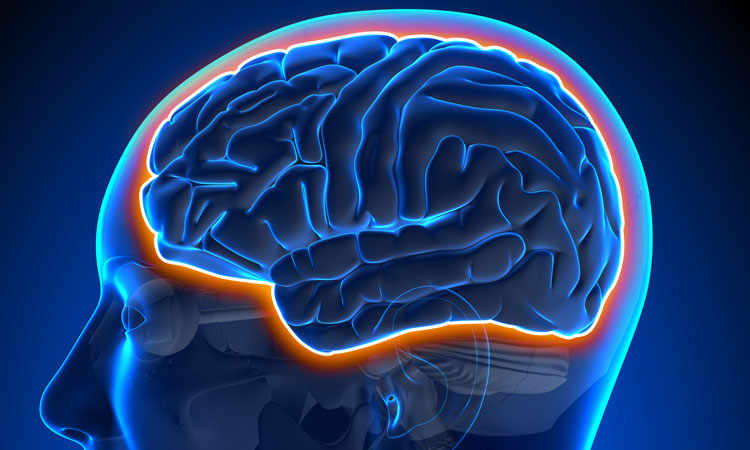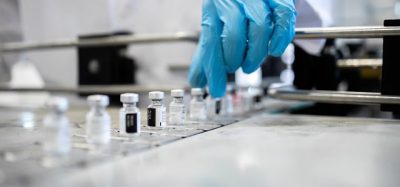Treatment could be delivered to stroke patients via tiny transporters
Posted: 15 November 2019 | Rachael Harper (European Pharmaceutical Review) | No comments yet
Scientists have discovered that liposomes can translocate through the blood brain barrier following stroke and may be able to get drugs to the lesions to stop further damage.


Nanoparticles may be able to deliver vital drugs to the brain, which could aid patients in the early stages of a stroke.
The research, carried out at The University of Manchester, shows that tiny vesicles called liposomes can translocate through the damaged blood brain barrier following stroke and may offer a way to get vital drugs to the lesions to stop further damage.
The researchers were able to generate microscopic pictures of the brain tissue using state-of-the-art imaging techniques, showing the nanomaterial is a viable transporter.
The team showed that following a stroke event, liposomes are able to penetrate the brain by being transported across the tightly packed endothelial cells by using pouch-like structures known as caveolae.
“The discovery that nanomaterials may be able to facilitate the treatment of stroke is exciting: scientists have long been grappling with the difficulties of treating brain injuries and diseases,” said Stuart Allan, Professor of Neuroscience. “The brain blood barrier is a major frontier in neurology, so the prospect of being able to cross it may have applications to other conditions as well.”
That means doctors might one day be able to protect tissue in the acute phases of a stroke, by delivering drugs that can protect brain’s neurons from further injury.
In the days following a stroke, when brain cells have died, the researchers showed that liposomes are also able to penetrate the brain to help promote the repair of neurons.
“Liposomes are a tried and tested method of delivering drugs to the body – and are currently used to treat patients, for example, to target cancer drugs into the tumour at high doses which increase their concentration relative to other parts of the body,” Dr Zahraa Al-Ahmady, Honorary Research Fellow at The University of Manchester and a Senior Lecturer at Nottingham Trent University, added. “They are easy to manufacture and used across the NHS. But our research shows that liposomes have important implications for neurologists too.”
The research was published in the journal ACS Nano.









